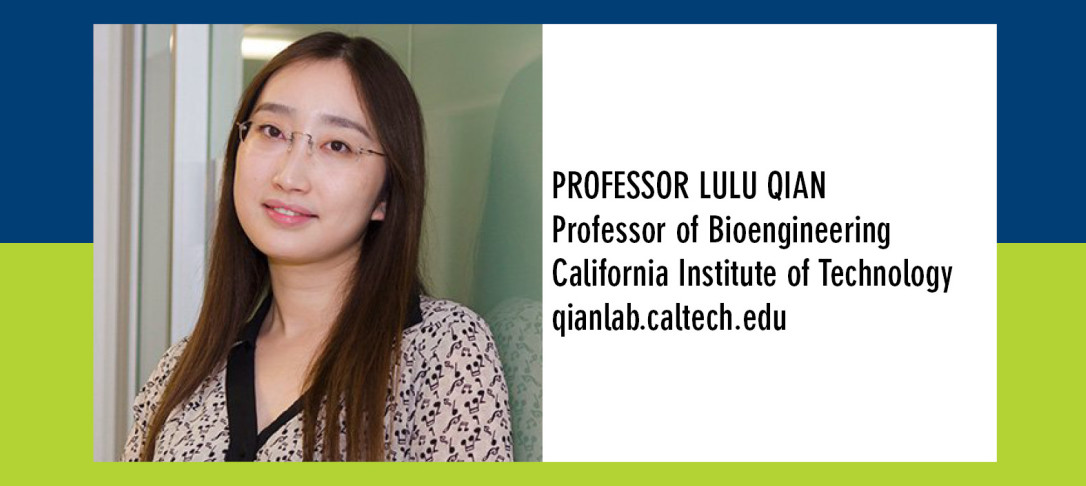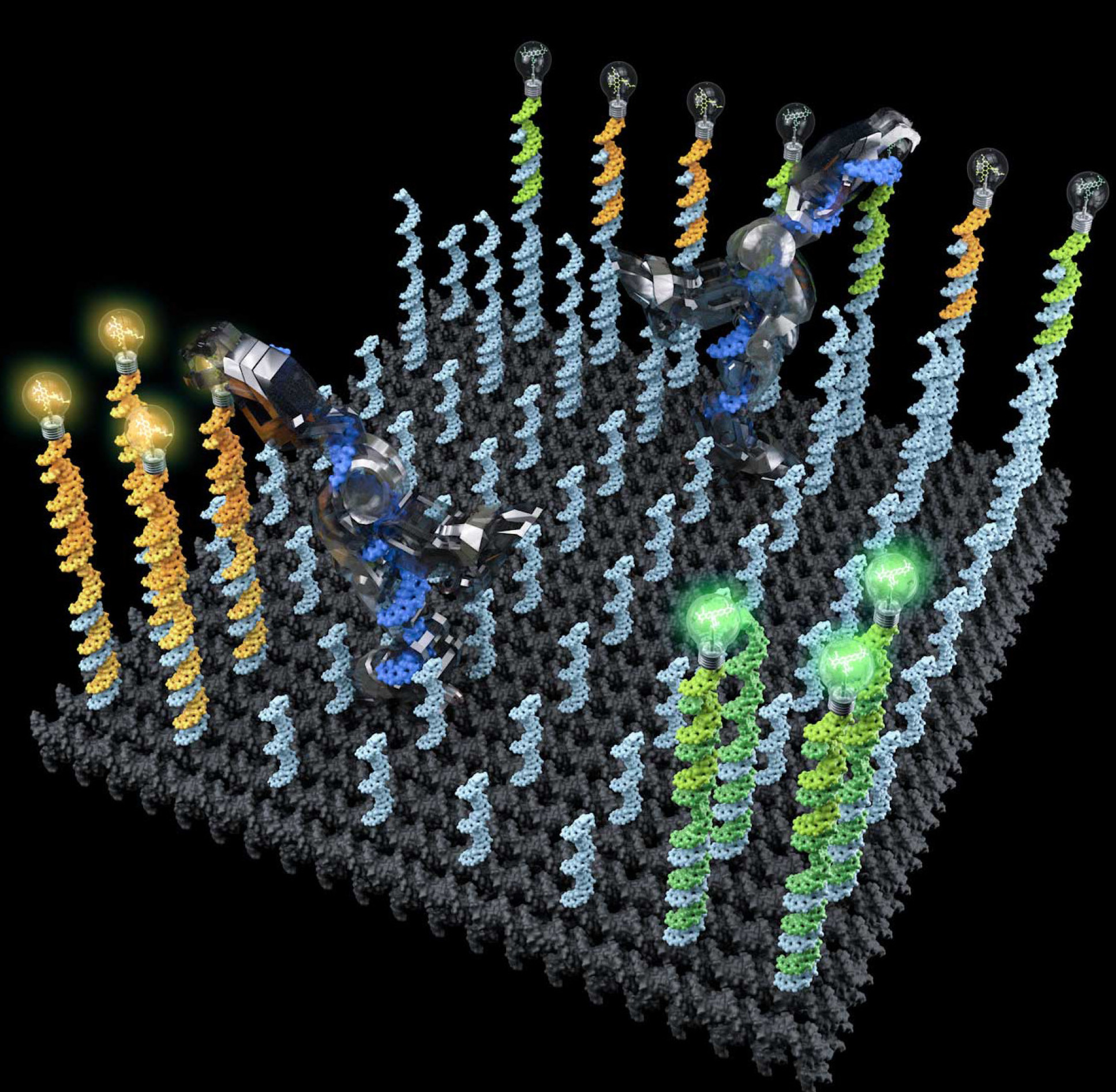
Catch up on this Bioengineering Department Seminar on our YouTube channel: Click here to watch
Talk title: Algorithmic and architectural foundations for programmable molecular machines
Abstract: In this talk, I will discuss recent progress in three areas: molecular robots, information-processing circuits, and reconfigurable DNA nanostructures. We developed molecular robots that autonomously and collectively perform a cargo-sorting task (Thubagere et al., Science, 2017), utilizing simple algorithms and modular building blocks while exploiting random walks for energy-efficient mechanical behaviours.
We created biochemical circuits that can classify highly complex and noisy molecular information, based on the similarity to a set of memories stored in DNA-based artificial neural networks (Cherry et al., Nature, 2018), paving the way for programming molecules to learn from their environment.
We invented a hierarchical and recursive strategy that allows DNA nanostructures with increasing sizes and arbitrary patterns to be created using a small and constant set of unique DNA strands (Tikhomirov et al., Nature, 2017). Subsequently, we discovered a simple yet powerful mechanism that controls the dynamic interactions between complex DNA nanostructures (Petersen et al., Nature Communications, 2018), allowing information-based autonomous reconfiguration in artificial molecular machines.
Biography: Lulu Qian is a Professor of Bioengineering and affiliated faculty of Computer Science at the California Institute of Technology. She received her bachelor’s degree in Biomedical Engineering from Southeast University in China, and her Ph.D. in Biochemistry and Molecular Biology from Shanghai Jiao Tong University. She then worked as a postdoctoral scholar at Caltech, and as a visiting fellow at Harvard. Her research group explores the following question: If all forms of life can be seen as algorithms carried out by molecules, can we engineer diverse forms of matter to exhibit life-like behaviours by embedding molecular algorithms into the materials? She is a recipient of the Burroughs Wellcome Fund Career Award at the Scientific Interface, the National Science Foundation Faculty Early Career Development Award, the Rozenberg Tulip Award in DNA Computing, and the Foresight Institute Feynman Prize in Nanotechnology.
